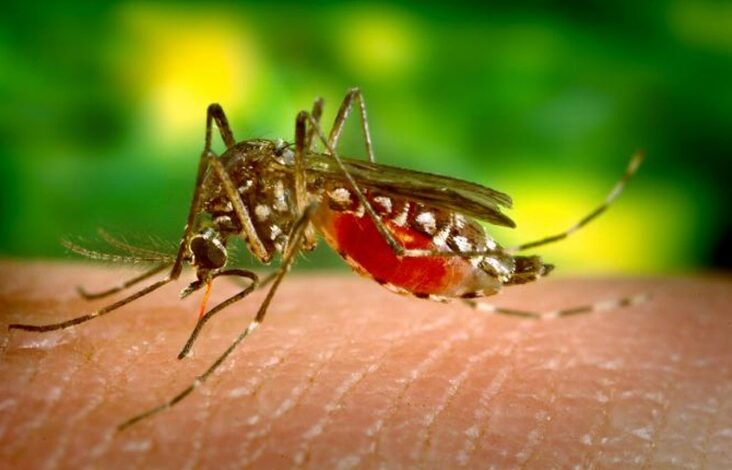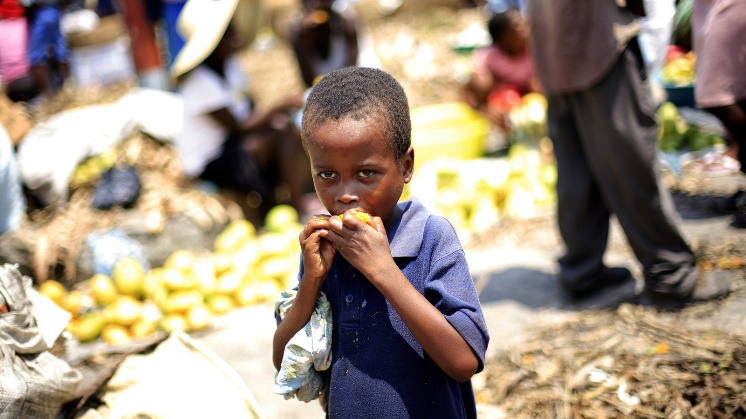
Avellon Williams
GUADELOUPE- Dengue fever cases have been increasing weekly in Guadeloupe since April, and have accelerated in recent weeks, according to the regional health authority.
The mosquito-borne illness has been confirmed in 13 municipalities in the region since June.
As a result of festival travel and crowds, as well as hurricane season, the Guadeloupe Regional Health Agency said it was concerned about “the spreading of the disease throughout the territory and an epidemic of dengue”.
Dengue has been resurgent in the archipelago since November 2022. Among 32 municipalities on the islands, only six haven’t had a case confirmed since January 2023, according to the French Health Surveillance Institute.
According to the institute, Martinique has had 200 cases since January, while Saint-Martin and Saint-Barthélemy have reported only sporadic cases.
However, nearly a quarter of all cases in Martinique have been detected since mid-June, suggesting that infections are also accelerating.
“A few dozen” cases of dengue have been reported in mainland France linked to people who had recently travelled to the Caribbean, the institute said.
GROWING THREAT
The Pan-American Health Organization and World Health Organization warned at the beginning of July that heavy rain is expected in Central America and the Caribbean in the second half of 2023, which could further fuel the spread of dengue by providing breeding grounds for mosquitoes.
Dengue and other diseases spread by mosquitoes are predicted to increase due to climate change, as rains, temperatures, and humidity increase, creating conditions for transmission, even in previously unaffected areas.
Dengue-causing mosquitoes have been found in parts of Europe, including France, where more locally transmitted infections occur than anywhere else in the EU.
A dengue infection usually produces no or mild symptoms, but some people experience fever, headache, aches, nausea, and rashes. As a result, it can have fatal consequences in some cases.
Although the EU approved a vaccine last year, it has not yet become widely available and the easiest way to prevent dengue remains by using repellents and throwing away standing water that might harbor larvae.
RELATED:




